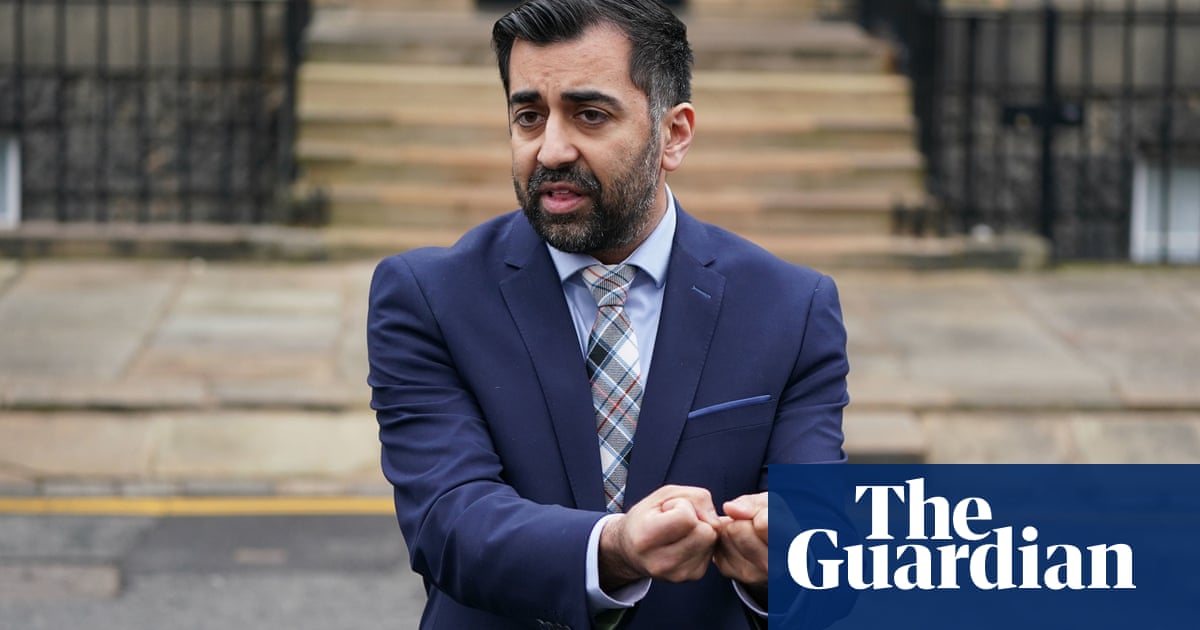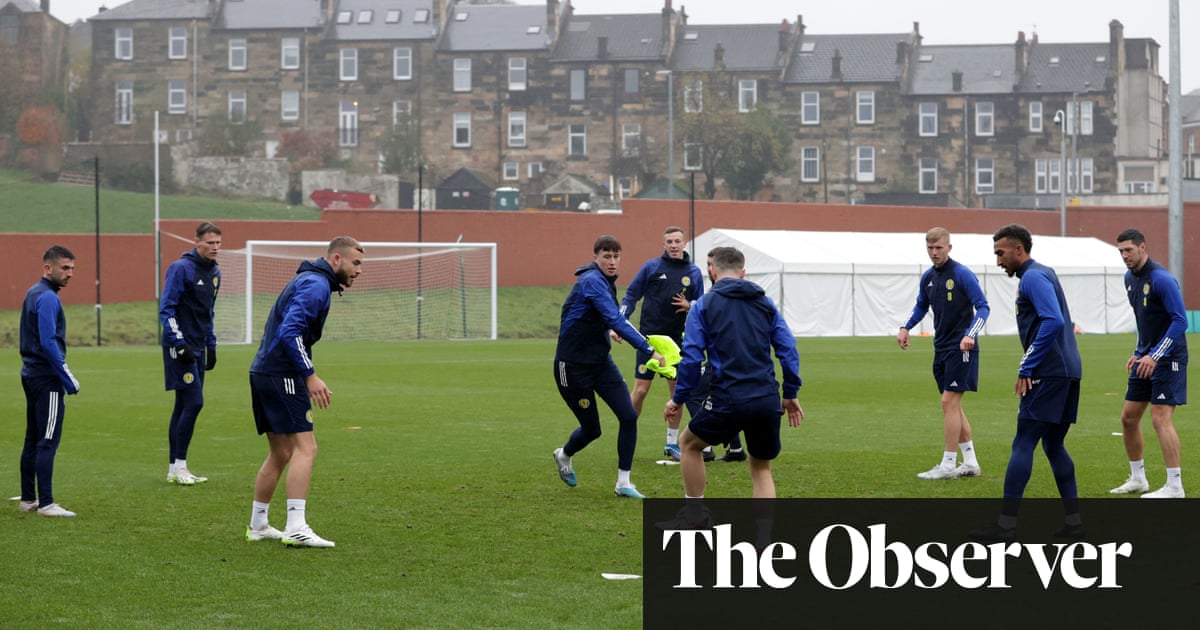
Calls for a legal pardon for the thousands of people persecuted as witches in post-Reformation Scotland are growing, as the drive for posthumous justice gains international notice.
Last week, Scotland’s first minister, Nicola Sturgeon, issued a formal apology on International Women’s Day to the 4,000 people – mainly women – who were tortured and often executed under the Witchcraft Act 1563.
Now campaigners have pledged to maintain momentum amid plans to educate a new generation of schoolchildren about this historical campaign of femicide and create a national monument to those ordinary people whose lives were ripped apart.
In her apology, Sturgeon emphasised that the deep misogyny motivating this “colossal” injustice was something women still lived with. Mindful of present-day resonances, grassroots projects are springing up across Scotland to discover more about the women who were wrongly accused of witchcraft and to memorialise them.
“There’s lots more to do,” said Claire Mitchell QC, who established the Witches of Scotland campaign in 2020, before bringing a petition seeking apology and pardon, as well as a national memorial, before the Holyrood parliament earlier this year. “We’re keen to get the pardon because it marks a legal status change. It’s important for any human to be properly recorded in history.”
The SNP MSP Natalie Don is bringing a member’s bill for a pardon, with the consultation to launch imminently.
The first minister’s statement was “massive”, said Sara Kelly of the charity Remembering the Accused Witches of Scotland (RAWS). Set up in 2019, Raws has also approached the Church of Scotland for an apology and has ambitious plans to offer education packs to all schools in Scotland. The charity is also pressing for both national and community memorialising: most recently a street in St Monans was renamed after Maggie Morgan, who was accused of witchcraft after giving birth to an illegitimate child fathered by the son of an influential Fife family.
Kelly points to a swell of grassroots groups researching local prosecutions. “The scale of persecution was incredible,” she said, with Scotland carrying out five times the European average of executions per capita. She added: “And it’s not really talked about in local communities. It makes you look at the place you live in a different way and ask if that discrimination still happens now in other forms.”
Mairi Harkness is part of one such project in West Lothian, aiming to uncover more about five women from the parish of Calder who were strangled then burned at the stake.
“Prosecutions for witchcraft may seem far removed from our lives now, but we believe this offers an opportunity to better understand issues that still affect us today,” she said. “In the UK stereotypical expectations about how men and woman should act persist, we still see outspoken women viewed and treated harshly and women are still expected to mitigate their behaviour to protect themselves from male violence. Globally people are persecuted for witchcraft and women often disproportionately suffer the consequences of religious extremism.”
The historian Mary W Craig, who recently published a study of witch trials in the Scottish Borders, believes the fate of accused witches has pricked the public conscience over the past three years because of a combination of factors. “With the #MeToo and Black Lives Matter movements, people also wanted to talk about the levels of historic justice available to different groups,” she said.
Meanwhile, the academic appetite for further research is deepening, with the University of Edinburgh advertising for two interns to work on the Survey of Scottish Witchcraft, a database of known prosecutions and one of the most comprehensive in Europe.
Continued academic inquiry is essential to acknowledge past atrocities and for greater perspective on our modern behaviours, says Michelle Brock, an associate professor of history at Washington and Lee University in the US. In 2017, Brock wrote for the Washington Post, explaining the historical incongruence of claims that powerful men such as Harvey Weinstein were subject to a witch-hunt, when in reality these persecutions targeted marginalised people and brutally enforced gender hierarchies.
“In examining events like the great witch-hunts of the 16th and 17th centuries, we get a window into the tremendous power of things like belief, fear, propaganda, gender norms and reputation. This is a critical reminder for us not to be overly confident or complacent in the ‘rightness’ and ‘rationality’ of our own time, because without doubt we believe things and commit acts today that, 400 years from now, people will find as shocking as we do the witch-hunts.”












